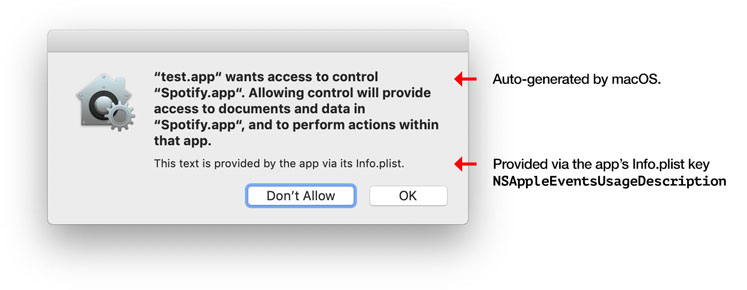Yes, I love it and don't get me wrong but there are many downsides and they all result from poor planning and/or bad decisions around how flatpak was built. Here are a few:
- Poor integration with the system: sometimes works against you and completely bypasses your system instead of integrating with it / using its features better. To me it seems more like the higher levels are missing pieces to facilitate communication between applications (be it protocols, code or documentation) and sometimes it is as simple as configuration;
- Overhead, you'll obviously end up with a bunch of copies of the same libraries and whatnot for different applications;
- No reasonable way to use it / install applications offline. This can become a serious pain point if you're required to work in air gapped systems or you simply want to level of conservation for the future - it doesn't seem reasonable at all to have to depend on some repository system that might gone at some point. Note that they don't provide effective ways to mirror the entire repository / host it locally nor to download some kind of installable package for what you're looking for;
- A community that is usually more interested in beating around the bush than actually fixing what's wrong. Eg. a password manager (KeePassXC) and a browser (Firefox/Ungoogled) both installed via flatpak can’t communicate with each other because developers seem to be more interested in pointing fingers on GitHub than fixing the issue.
Flatpak acts as a restrictive sandbox experience that is mostly about "let's block things and we don't care about anything else". I don't think it's reasonable to have situations like applications that aren't picking the system theme / font without the user doing a bunch of links or installing more copies of whatever you already have. Flatpak in general was a good ideia, but the system integration execution is a shame.

